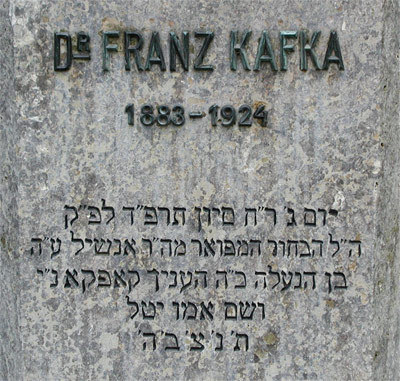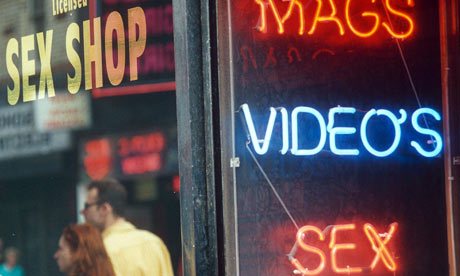Play it safe, Vile. The musicianship is obviously superb. Alexander Janiczek, the violinist, is in international demand. And the soprano who is duelling it out with him, Elizabeth Watts won the Rosenblatt Recital Song Prize in 2009. They are tussling with Kafka Fragmente, composed by Kurtag. You see, sometimes facts are useful.
I can't start claiming objectivity when it suits me. I don't really know what the Rosenblatt is. I wandered in here, full of confidence. I've managed some Reich, some Glass. I even wrote about the Kronos Quartet. This little Performance Critic has gone one art form too far.
The Fragmente read like a teenage emo diary, but Kurtag's duet for violin and voice brings them to disturbing life. I am getting that cold existential vibe, familiar from Live Art, that peels away the façade of safety and reveals that life is, actually, Hell. Is it really a duet? Sometimes the violin and the soprano are fighting. Then the instrument provides gentle support, almost like a loop.
It's a labyrinth here. I try to retrace my steps.
.jpg) The first half was charming: artistic director William Conway strolled on and chatted genially about the pieces. He did warn us that the Kurtag was hardcore, but he illustrated the upcoming Sonata with a quick blast on the cello, and seduced us with a version of Schumann's Auf einer Burg. As he said, you could practically see the Knight asleep in his tower. It was elegant.Even Janacek's Kreutzer Sonata was enticing, leaving out the savage murder in the final bars. I was safe. This was entertaining, a bit classier than the previous night - when I watched the Adult Channel Freeviews and tried to ignore my citalapram cravings.
The first half was charming: artistic director William Conway strolled on and chatted genially about the pieces. He did warn us that the Kurtag was hardcore, but he illustrated the upcoming Sonata with a quick blast on the cello, and seduced us with a version of Schumann's Auf einer Burg. As he said, you could practically see the Knight asleep in his tower. It was elegant.Even Janacek's Kreutzer Sonata was enticing, leaving out the savage murder in the final bars. I was safe. This was entertaining, a bit classier than the previous night - when I watched the Adult Channel Freeviews and tried to ignore my citalapram cravings.Now I feel like Kurtag has sound-tracked my anguish. There are forty-odd fragments, each one veering in mood, but returning to a desolate howling. Watts ranges from shrieking to elegant phrasing: sometimes the darkness hurts, sometimes it soothes.
When I came back after the interval, they had set up a large wall. Behind this, the singer and violinist paced. One would emerge, then the other. Dramatic lighting, shadows cast, the music - the violin seemed to become two, three instruments, setting up drones, cracking open melodies, rattling, singing, poking, slicing. The voice sparred, jabbed, feinted. Kafka's words, more opaque than usual, were all the more doomy for being in German.
 I'd heard a few snatches on the Radio Hour: I was not prepared for this. Dark and deadly, vicious and seeking, the subtle performance touches prevented a descent into melodrama. I am embraced and provoked, swept away and looking out to see if I can find a recognisable reference before...
I'd heard a few snatches on the Radio Hour: I was not prepared for this. Dark and deadly, vicious and seeking, the subtle performance touches prevented a descent into melodrama. I am embraced and provoked, swept away and looking out to see if I can find a recognisable reference before...
.jpg)







